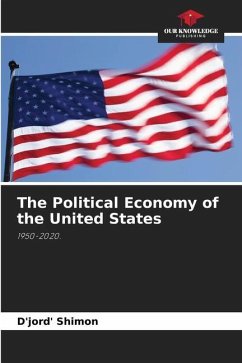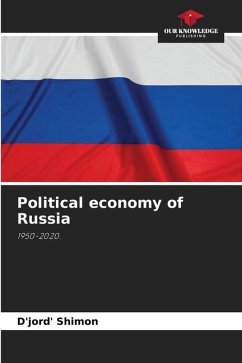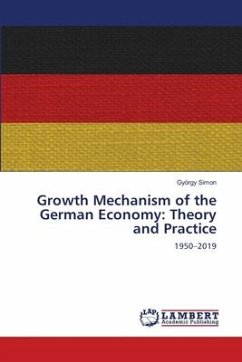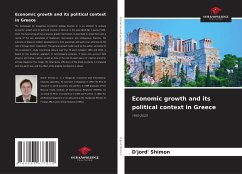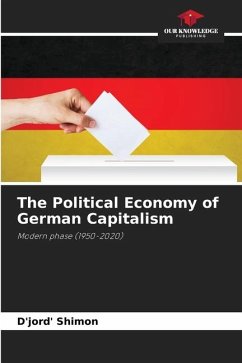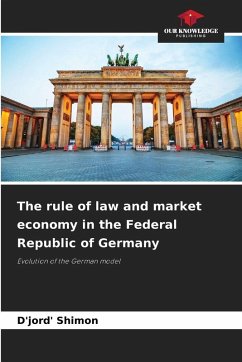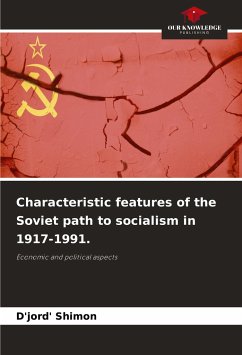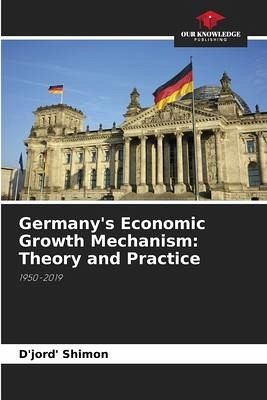
Germany's Economic Growth Mechanism: Theory and Practice
1950-2019
Versandkostenfrei!
Versandfertig in 6-10 Tagen
53,99 €
inkl. MwSt.

PAYBACK Punkte
27 °P sammeln!
The growth mechanism determines not only the volume of output, but also pricing, income distribution, and accumulation. Based on the Caldorian approach to technological progress, the Hungarian economist György Szymon, Jr. reveals and analyzes the main patterns of growth in the postwar economy of the Federal Republic of Germany. The study draws on a theoretical framework that includes basic aspects of the economic mechanism, such as production and growth, equilibrium prices and capital accumulation, profit and wage formation. Relevant issues of economic policy cover domestic resource mobilizat...
The growth mechanism determines not only the volume of output, but also pricing, income distribution, and accumulation. Based on the Caldorian approach to technological progress, the Hungarian economist György Szymon, Jr. reveals and analyzes the main patterns of growth in the postwar economy of the Federal Republic of Germany. The study draws on a theoretical framework that includes basic aspects of the economic mechanism, such as production and growth, equilibrium prices and capital accumulation, profit and wage formation. Relevant issues of economic policy cover domestic resource mobilization and international economic relations. The author explains manufacturing growth in a model form, taking into account exchange rates and terms of trade. Another function presented determines the role of manufacturing in macroeconomic growth. An endogenous growth model (general, or world model) with a built-in mechanism of technological progress, which takes into account both physical and human capital, as well as time in the role of the event space of creative economic activity, was used to analyze the supply side.



